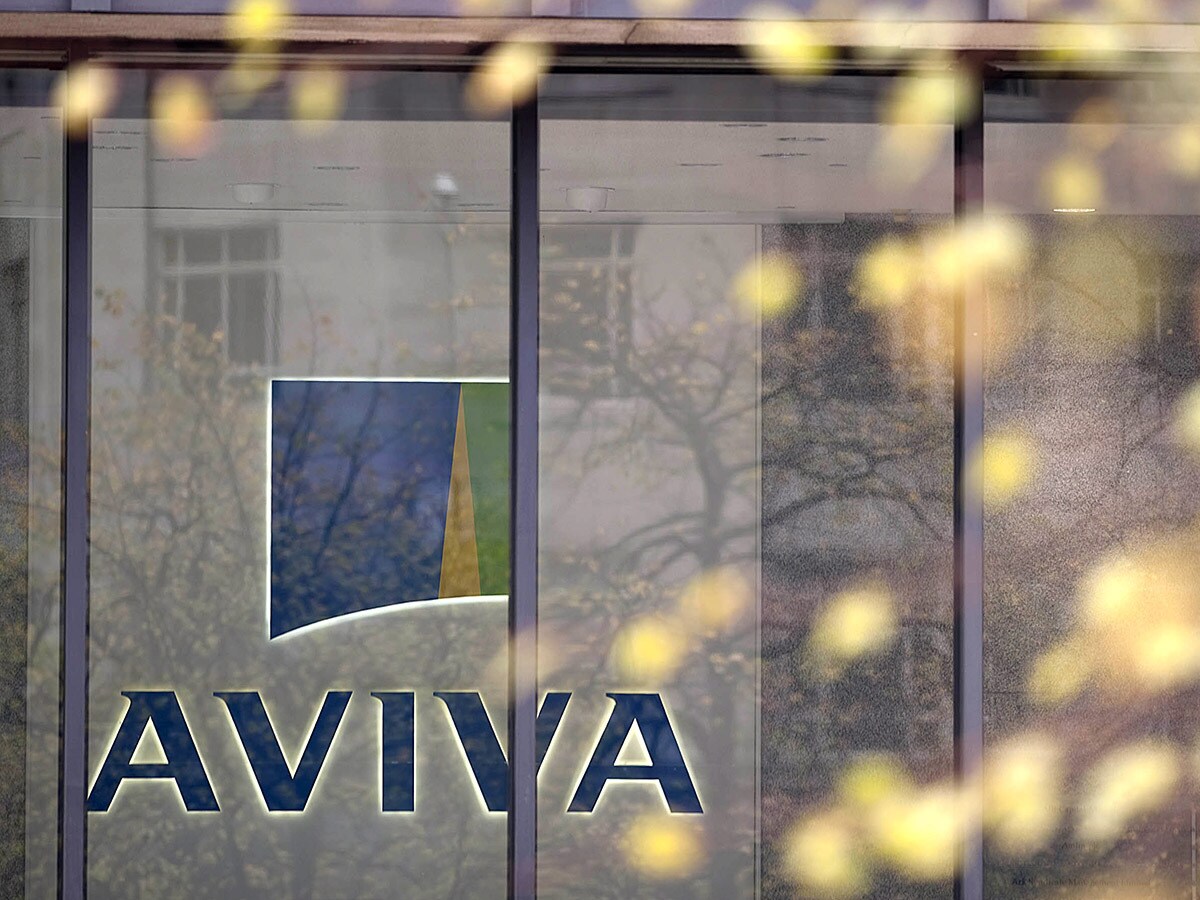The Aviva share price [AV.L] rebounded strongly after a mid-March selloff that saw the insurer fall to a close of 374.5p a share on 7 March. Since then, the stock has climbed more than 13%, closing Friday 8 April at 425.8p. Admittedly, the start of April has seen Aviva’s share price dip, but for investors the stock warrants a closer look — as does the wider insurance sector.
On the plus side, Aviva boasts a new chief financial officer, strong dividend yield and a price-to-earnings ratio that suggests the stock is not overvalued.
With analysts predicting more upside in Aviva’s share price, will investors enjoy both long-term gains and dividend payouts?
Aviva appoints new CFO
Aviva is boosting its C-suite team with the appointment of Charlotte Jones as chief financial officer — becoming only the second FTSE 100 firm to have both a female CEO and CFO.
Jones has pedigree in the industry, having served as CFO of RSA Insurance plc and interim CEO of the RSA UK & International business. Jones has also held CFO positions at Jupiter Fund Management, as well as senior management positions at Credit Suisse and Deutsche Bank.
“This is a really excellent appointment for Aviva. Charlotte is a highly experienced CFO with an impressive track record across the insurance and asset management industries. She is an exceptional addition to Aviva and will play a central role as we accelerate our performance and grow,” said group chief executive Amanda Blanc in a statement.
Is Aviva’s share price a bargain?
Aviva’s share price has managed to claw back its pandemic era losses. On 9 February 2020, the stock was still trading above 414p before the Covid-19 induced market selloff sent stocks crashing. But since May that year, the stock has enjoyed a steady recovery in value.
Still, eclipsing the high of 515p achieved on 13 May 2018 could be out of reach in the mid to short term. Analysts have a median price target of 480p, according to Refinitiv, suggesting a 12.8% upside on Friday’s close. Even the highest analyst target of 540p is below the levels hit in 2018, although it does represent a hefty 26.8% upside.
The Motley Fool’s Roland Head writes that Aviva’s share price looks cheap. In his view, chief executive Amanda Blanc has returned the business to steady growth after a period of sluggishness, at least compared to rivals.
Head also notes that after raising £7.5bn by selling off underperforming business units, the group will be returning £4.25bn to shareholders in a mix of share buybacks and the distribution of a B share scheme.
“As I write, Aviva shares are trading on around 10 times forecast earnings, with that 7% forecast dividend yield. I’d be happy to buy the shares for my income portfolio,” said Head.
Passive income in uncertain times
Insurance stocks can be a worthwhile addition to an investment portfolio. As a business model, insurance can work during economic highs and lows — after all, most people need insurance and can’t choose when to buy policies.
Aside from Aviva, pensions and retirement specialist Phoenix Group [PHNX.L] has seen its shares decline 3.6% year to date. On 16 February 2020 the stock hit an intraday high of 806p, before the pandemic triggered a sharp selloff in the stock. Having closed Friday 8 April at 629.8p, shares in the insurer still have a long way to go before they return to pre-pandemic levels. Similarly, Prudential [PRU.L] is a long way off its 2020 levels. This could present an opportunity for investors should these stocks continue to climb.
Another benefit to holding insurers in a portfolio is that they typically reward shareholders through dividends. Aviva carries a 5.18% forward dividend yield, while AXA has a 6.04% yield. Phoenix Group regularly makes the list of best dividend payers and carries a 7.88% yield. So even if insurance stocks only deliver modest growth in the short term, there’s still the possibility of a decent passive income.
Disclaimer Past performance is not a reliable indicator of future results.
CMC Markets is an execution-only service provider. The material (whether or not it states any opinions) is for general information purposes only, and does not take into account your personal circumstances or objectives. Nothing in this material is (or should be considered to be) financial, investment or other advice on which reliance should be placed. No opinion given in the material constitutes a recommendation by CMC Markets or the author that any particular investment, security, transaction or investment strategy is suitable for any specific person.
The material has not been prepared in accordance with legal requirements designed to promote the independence of investment research. Although we are not specifically prevented from dealing before providing this material, we do not seek to take advantage of the material prior to its dissemination.
CMC Markets does not endorse or offer opinion on the trading strategies used by the author. Their trading strategies do not guarantee any return and CMC Markets shall not be held responsible for any loss that you may incur, either directly or indirectly, arising from any investment based on any information contained herein.
*Tax treatment depends on individual circumstances and can change or may differ in a jurisdiction other than the UK.
Continue reading for FREE
- Includes free newsletter updates, unsubscribe anytime. Privacy policy





